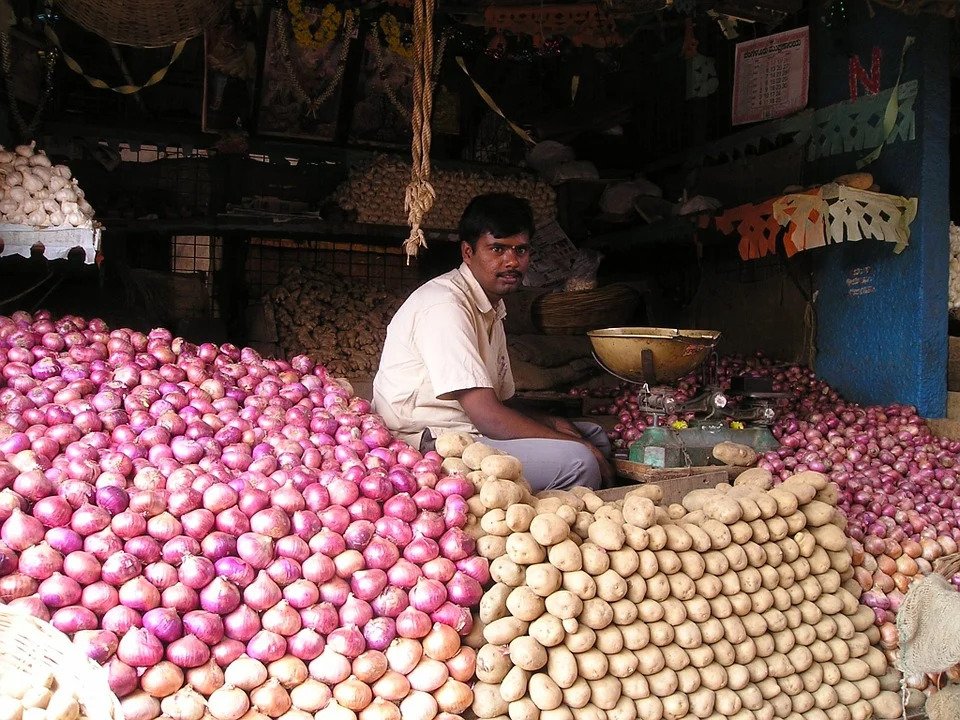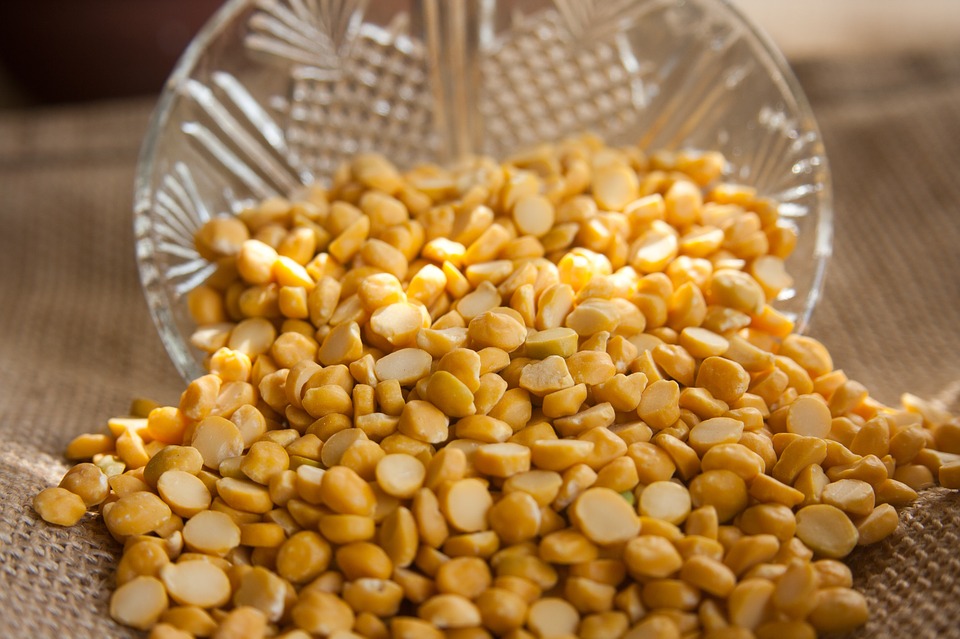Scalding the pocket: Fuel, cooking oil, onion and pulses get more expensive
Although rising fuel prices have been most talked about, consumers have also been impacted by the hike in the prices of onions, pulses and edible oils.


Along with onions, the cost of pulses, which are a major source of protein for millions of Indians, has shot up too.
In the past few weeks, many cities have reported record-shattering fuel prices — in some places, petrol has hit Rs 100 a litre. But, it’s not just fuel prices that are troubling citizens. The rising prices of cooking oil, onion and pulses have added fuel to the fire of inflation.
Onion prices have seen an increase of 10 per cent to 20 per cent in the country’s retail markets. According to a report released by the Union ministry of consumer affairs, food and public distribution, in the national capital of Delhi, onion cost Rs 40 a kilogramme (kg) in January and went up to Rs 50 a kg in February.
Similarly, in the country’s financial capital of Mumbai, onion prices rose from Rs 44 a kg to Rs 60 a kg; in Uttar Pradesh capital Lucknow, it went up from Rs 45 a kg to Rs 55 a kg during the same period.
Shortly after the nation-wide COVID-19 lockdown was relaxed in phases, in October last year, multiple cities saw onion prices soar to Rs 100 a kg. It was widely expected that prices would come down by December last year. That did happen, but, as many predicted, onion prices have again begun to rise due to a variety of factors.
In a bid to stabilise onion prices, the Centre extended the import window from December 15 last year to January 31 this year. Rajesh Kumar, a trader from New Delhi’s Azadpur wholesale market, told Gaon Connection over the phone: “Transportation of onion from Nashik market started in the second week of February, but rains disrupted the process and enough supplies couldn’t be brought in. Even now, the supply is not enough to meet the demand. Prices will stabilise only once supplies are sufficient.”

Hike in price of pulses
Along with onions, the cost of pulses, which are a major source of protein for millions of Indians, has shot up too.
Arhar dal (pigeon pea) turned 10 per cent to 15 per cent costlier. Arhar dal clocked Rs 100 a kg on January 1, and it went up to Rs 108 a kg on February 27. In the same period, urad dal prices increased from Rs 105 a kg to Rs 118 a kg.
Edible oil has not escaped this price rise too — in the wholesale market, prices have soared between 30 per cent and 60 per cent from January this year to now.
Explaining the reason for the price rise, Bimal Kothari, vice chairman of the India Pulses and Grains Association, told Gaon Connection: “In order to benefit farmers, the minimum support price (MSP) for pulses has been increased. Also, pulse crops have suffered due to unfavourable weather. These have contributed to the price rise.”

Why are edible oil prices rising
Solvent Extractors Association of India, the largest organisation of edible oil trade in the country, had stated in November last year that there were chances of increased production of oilseeds, because of which 2021 would witness a reduction in the import of edible oils. However, because of this, consumers would have to temporarily pay more for oils in March and April this year, it had said.
“Due to multiple reasons, edible oil prices would not come down before the end of March,” BV Mehta, director, Solvent Extractors Association of India, told Gaon Connection.
Accordingly, the cost of refined soya oil increased by 36 per cent, refined cotton oil by 39 per cent, refined rice bran oil by 43 per cent, refined sunflower seed oil by 68 per cent and refined groundnut oil by 39 per cent.
Mehta stated that, since January, refined coconut oil saw a five per cent upswing in price, refined soya bean oil a three per cent hike and refined rice bran oil a five per cent increase.

